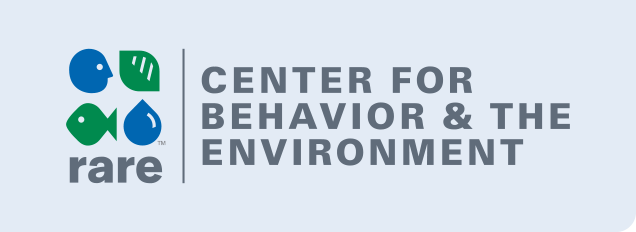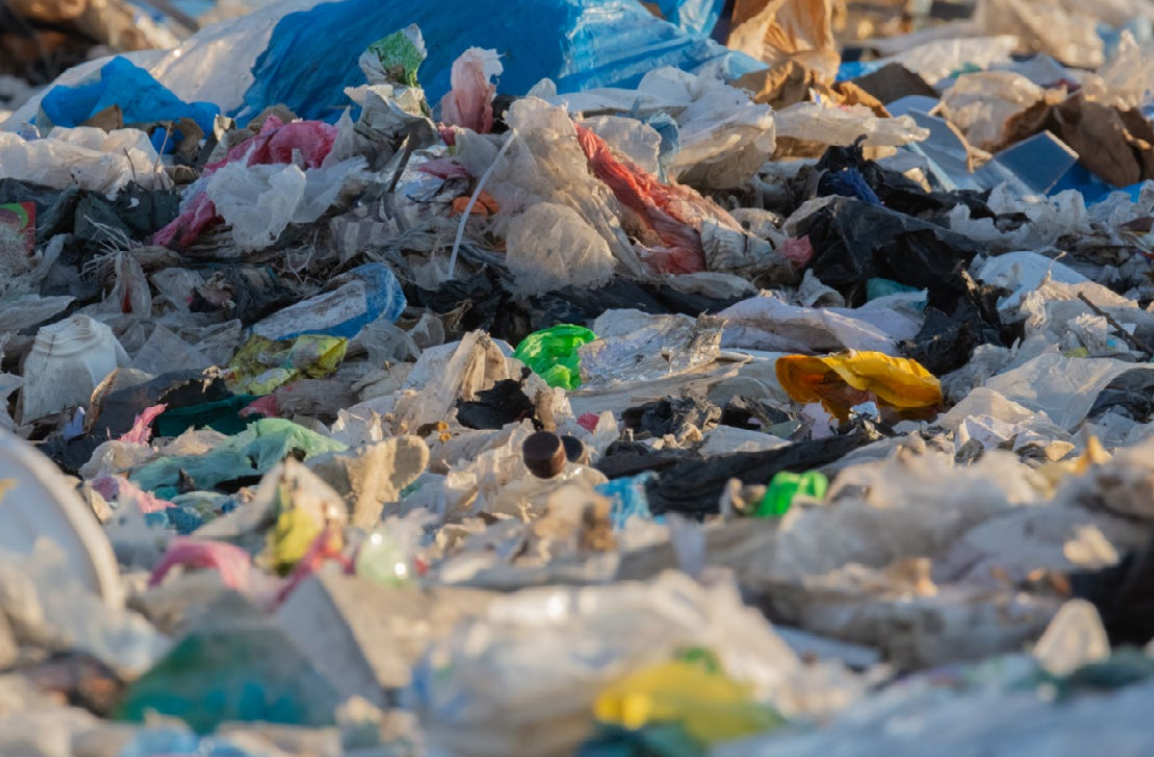“Use” is the middle step of the plastic pollution life-cycle. This can include many things, perhaps most importantly the decision to use, or not use, plastic. The following thought pieces, theories, and case studies share examples of how behavioral science can understand why people depend on plastic in the first place, and encourage them to use (or not use) plastics thoughtfully and intentionally. At the bottom of the page, you’ll see the resources and toolboxes from the home page that may help you in building your own initiatives.
Thought pieces and theory:
If you are working on…
- Use, generally, see this literature review on psychological and social drivers of plastic use. Check out how this “green nudge” can shift defaults away from plastic use. Explore barriers to and drivers of plastic pollution in this literature review. The REDuse – or Refuse, Effuse, Diffuse – framework combines multiple behavior-positive and -negative interventions to change plastic consumption habits. See how behavioral insights can reduce single-use plastic in schools in the Solomon Islands and how reusable bag company Bombay Bags uses a behavioral model to remind people to bring their bags with them while they shop. Read this in-depth literature review regarding consumer perceptions, values, norms, and knowledge around plastic use.
- Plastic bag legislation and taxes, see the pros and cons, and behavioral insight, on plastic bag bans in this literature review. Peruse this chapter for examples of bans, taxes, and resulting behavior, including if/when bans are effective in different countries. Social marketing and smart framing can influence perceptions on plastic bag taxes, and how loss aversion can make small taxes effective. See the role world-wide plastic governance could have on plastic use reduction. Read this thought piece on the positives and negatives of plastic straw bans, and this one on the efficacy of plastic bag bans in Chicago.
- Plastic alternatives and plastic-free zones, see this paper on consumer perceptions on paying for plastic packaging alternatives, or how designated “plastic-free” zones around Europe have worked using a variety of behavioral insights.
- Media campaigns, read this study on how behavioral science can be used to understand how media impacts plastic consumption. Also check out how social media influencers can encourage sustainable behaviors.
- International collaboration, read how behavioral science can help change the plastic pollution crisis at scale, and what the Global Plastics Treaty means for the future of plastic use. You can see the “Zero Draft” of the Global Plastics Treaty here.
Case studies:
If you focus on…
- Reusability, read this incredible initiative to simultaneously increase reusable diaper use and reduce plastic pollution in Indonesia. In Cambodia, a team studied psychological barriers and motivators in businesses to increase reusable cleaning supplies and decrease single-use plastic reliance.
- Reduction, see how a behaviorally-informed campaign in Georgia reduced office plastic use. Read how the power of youth voices helped to stop plastic bag use in Indonesia and beyond.
Keep in mind that this webpage is a living one – we will continue adding relevant content as the world of behavioral science grows! If you have any thought pieces or research surrounding behavioral science and the following topics, don’t hesitate to reach out:
Consumer education & awareness campaigns, policy and regulation, subsidies for alternative plastics/packaging, deposit-return systems, plastic-free initiatives, community engagement, international agreements and/or waste management infrastructure.

